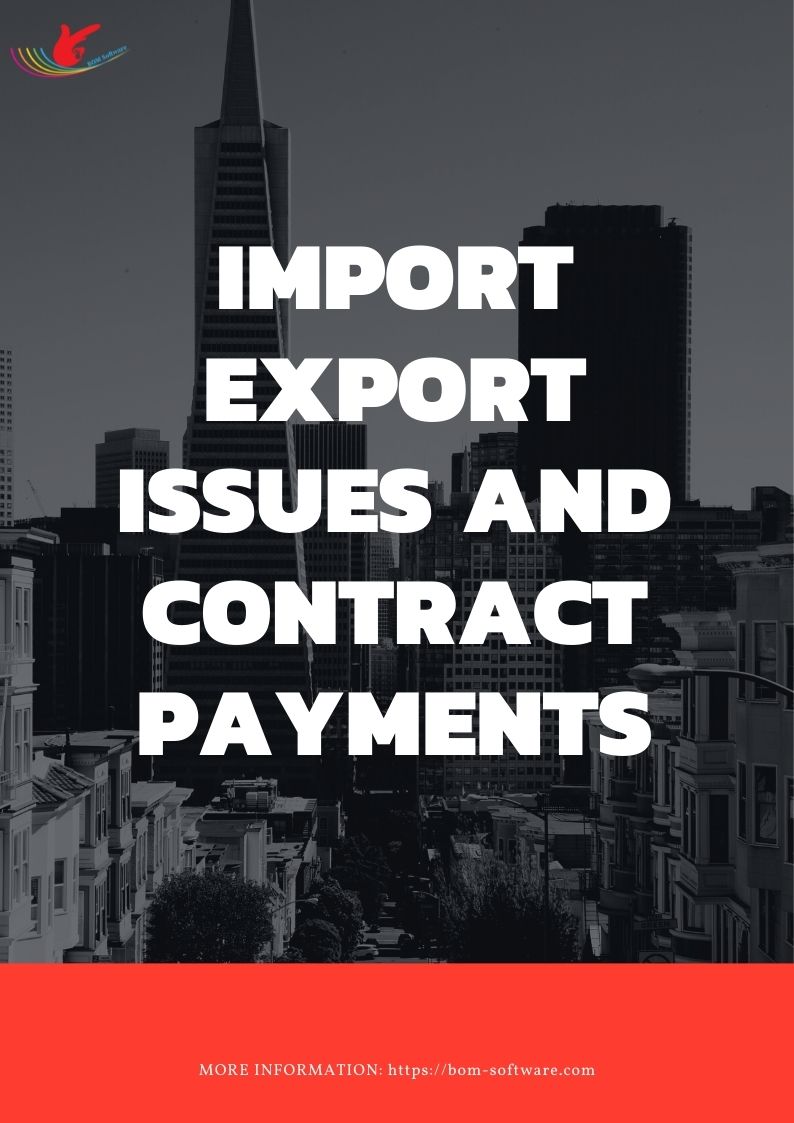Vietnam has nearly 4000 enterprises operating in the field of logistics to serve the domestic market, with export value expected to reach 537.32 billion USD (according to the first 10 months of 2021). That shows that the export demand of Vietnamese enterprises and manufacturers is very large and has developed rapidly in recent years.
But in fact, most logistics companies are small and very small businesses. Due to low capital, the enterprise organizational structure is also simple, not really specialized, cannot organize representative offices in foreign countries, so the information source is limited, and at the same time, investment in technology is not allowed to increase competition in the industry. If only in terms of website construction, most websites of Vietnamese businesses simply introduce themselves, their services, and lack the utilities that customers need such as track and trace tools, ship schedules, e-booking, tracking documents… Meanwhile, visibility and visibility is a factor that shippers highly appreciate when choosing a supplier logistics services for themselves.
To increase their competitiveness against multinational companies, Vietnamese logistics and logistics service businesses need to build utilities to meet users' needs for order tracking. Currently, on the market, there are many businesses that provide order tracking software, even shipping companies allow customers to check their orders on the website themselves, but the weakness of these software is that it only provides schedule information without displaying the real-time results of the shipment.
To overcome this weakness, BOM Software Joint Stock Company researched and launched Tracking-Cargo, a tool to help locate and track goods in real time. Tracking-Cargo helps users to track the estimated schedule closely to the actual travel journey, so that it can be relatively accurately estimated the time the container will dock. This is the key point to help the negotiations take place smoothly, minimizing risks in the trade process with forms of international payment. Since both parties can track the actual transit time of the container, the payment process will be faster when both parties are sure that their interests are guaranteed.
Besides, with the explosion of Blockchain technology, technology experts, administrators, and businesses are looking for ways to apply Blockchain to business models to create a new development stature. The reality in the field of import and export is that international payment methods interfere with contract terms when the manufacturer has to bear the risk from the time of production until the goods are shipped out of the port to begin receiving payment. maths. But international payment processes are often time-consuming and cumbersome, and can take up to a couple of weeks before the manufacturer can receive the money but the goods have been exported.
Therefore, one of the values that Blockchain features bring to the billion-dollar import and export sector is smart contracts and decentralized finance. With smart contracts and Blockchain payment method, Vietnamese exporters negotiate to set up a contract with just a few lines of code for the terms and conditions of the contract and receive payment immediately upon export or according to the terms of the contract payment, but the payment processing takes only 4-6 seconds and there are no middlemen costs.
Technology is a trend of the moment, if users do not grasp it immediately, they will become obsolete and backward, especially in business and economics, which will have a significant impact on the interests of businesses. Therefore, Tracking - Cargo and the trend of Blockchain are the key in the evolution of import and export business.
